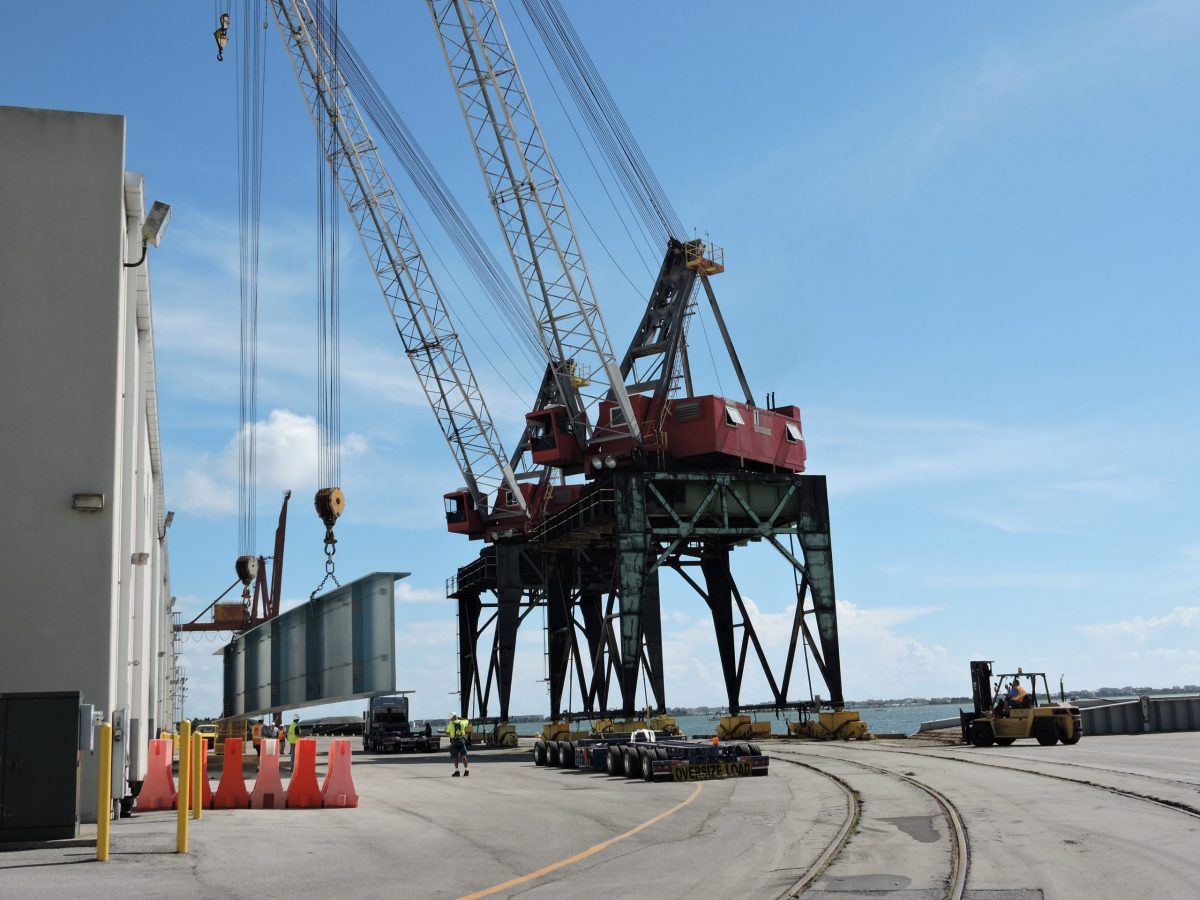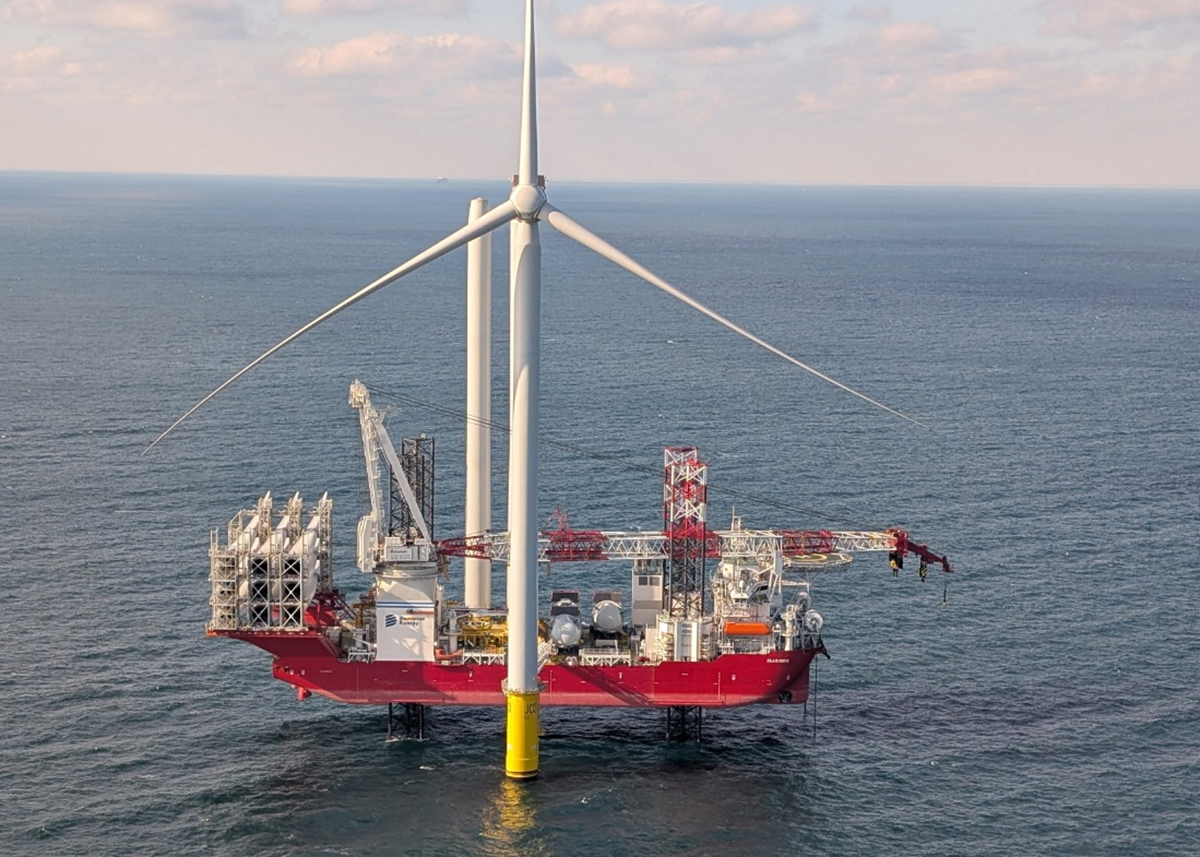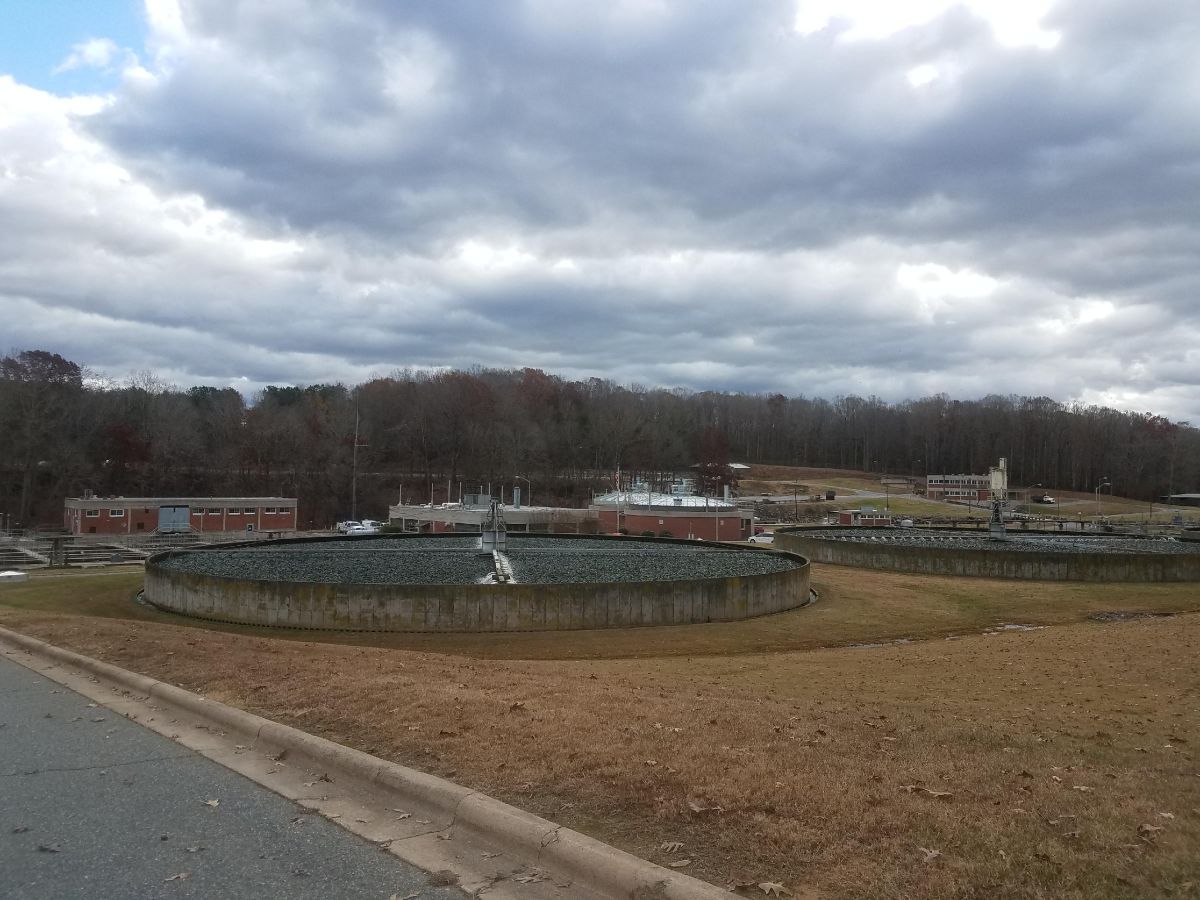
RALEIGH — Although COVID-19 response is expected to continue to dominate the agenda of this year’s North Carolina General Assembly session, legislators are pressing ahead with changes developed well before the pandemic took hold.
Over the past year, the legislature’s Program Evaluation Division has proposed changes to the makeup of state ports, the structure of the Division of Marine Fisheries and a more businesslike approach for the Department of Environmental Quality’s permitting reforms.
Supporter Spotlight
Bills filed in the early days of this year’s session follow through on those recommendations and are among the first slate of bills filed in this year’s short session.
This year’s bill deadlines are fast approaching. Legislators have until Wednesday to file bills recommended by study commissions. Budget bills and bills affecting state or local retirement systems are due by Thursday and all local bills must be filed by May 19.
Ports bill focuses on Morehead City
Senate Bill 707, State Ports Efficiency & Effectiveness, would require measures to address port utilization, throughput, gate times and ship-turnaround times at the Morehead City port and assess the service quality at both the North Carolina Ports of Wilmington and Morehead City in the State Ports Authority’s strategic plan.
The bill eliminates a legal requirement that the state provide cranes and container service at both ports, and gives the authority the discretion to decide on whether to add container service at Morehead City.
It also requires annual updates be provided to the General Assembly on environmental management plans at the ports.
Supporter Spotlight
Last year, a Program Evaluation Division study gave the authority good marks for general effectiveness and efficiency but citied declining performance at Morehead City. It also found that the authority does not have an adequate system to assess its customer service.
DEQ business plan
Also part of the package of changes proposed by the program evaluation committee is a requirement that the state Department of Environmental Quality adopt a business plan and “return on investment” analysis for its initiatives to reduce permitting backlogs and speed up turnaround times.
The bill would require DEQ to create formal benchmarks and performance assessments, and a data management system for its Permitting Transformation Project to assess the effectiveness and performance of the system.
The legislation also requires DEQ to review a Program Evaluation Division, or PED, study last year that found too many layers in the organizational structure for five of the department’s offices and divisions including Marine Fisheries, Mitigations Services and the Office of Environmental Education and Public Affairs. The new legislation would require the department to review the study and report whether potential streamlining efforts and other proposed changes are feasible.
Both the structure report and the permitting program change proposals are due February 2021, near the beginning of next year’s regular session.
Another bill filed this month would change the local match requirements for Parks and Recreation Trust Fund projects, a requirement currently set at a dollar-for-dollar match.
The new system would lower the local government match for land acquisition and park or recreation site improvements, allow for local, in-kind donations to count as part of a match and reduce the match percentage for counties with greater economic distress.
Emergency relief for fishermen
The legislature is still studying how to put together its next round of COVID-19 funding, but legislators are already putting down markers for what they’d like to see in the next relief package.
Rep. Billy Richardson, D-Cumberland, who wanted to introduce help for fishing operations in the first relief package, has put his proposal to help the state’s fishing businesses into standalone legislation. It sets up a $10 million grant fund to be administered by the Division of Marine Fisheries.
The money would be made available to commercial and for-hire fishing operations. Each for-hire or commercial fishing license holder would be eligible for a one-time, $2,500 grant.
Bonds are back
Meanwhile, county and municipal officials charged with putting together funding for beach renourishment and parks are breathing a collective sigh of relief now that the state’s special obligation bond authority is back on the books.
Last year, legislators inadvertently repealed the statute that authorized municipalities to use the bonds for parks, beach renourishment, downtown improvements and other public infrastructure projects. The repeal was discovered this spring when Wilmington officials were informed that they couldn’t use the bonds for a downtown improvement project because the authority was no longer part of state law.
The repeal could have also affected the timing of bids for a handful of beach renourishment projects in Dare County and elsewhere that intended to issue bonds to finance the work.
The provision reinstating the special obligation bond authority was considered a high enough priority that it was added into the pandemic relief package passed last week.







